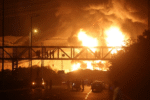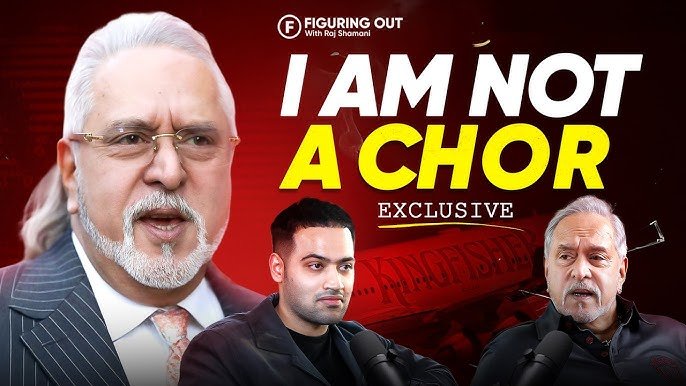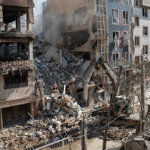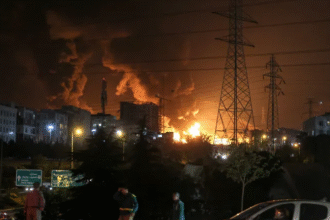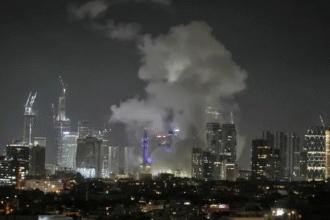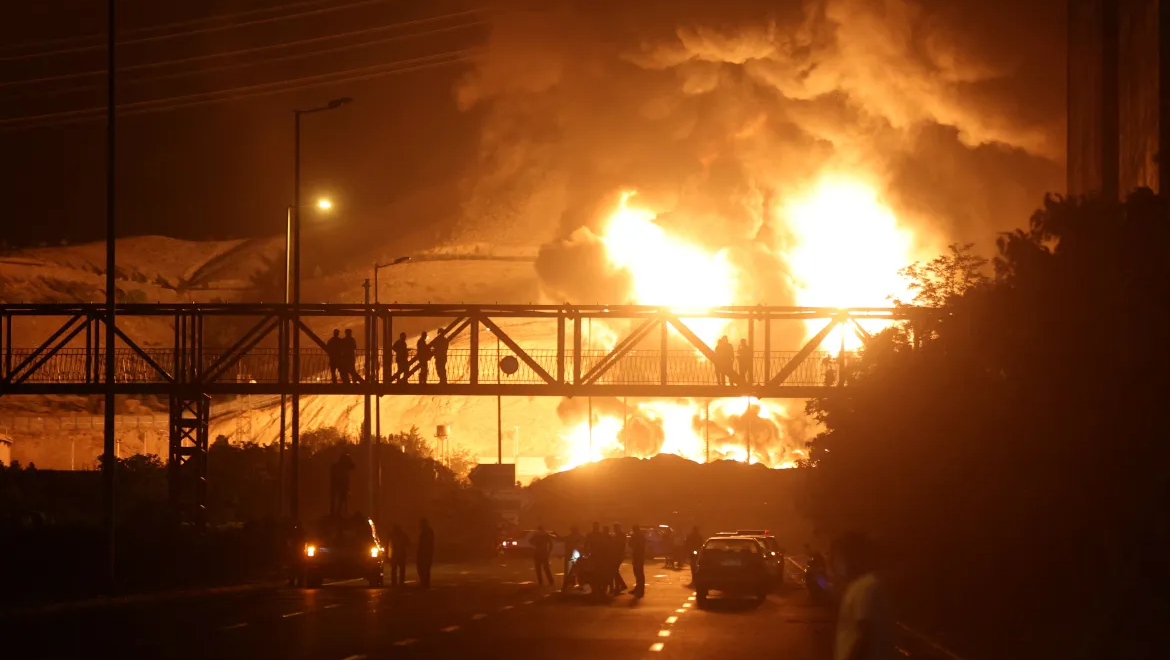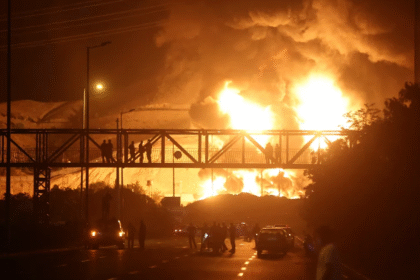In a rare and explosive podcast appearance, fugitive businessman Vijay Mallya finally opened up about one of India’s most controversial corporate collapses — the fall of Kingfisher Airlines — and the accusations that have haunted him ever since.
And his words? They are setting the internet on fire.
“Call me a fugitive if you want, but where is the theft? Where is the ‘chori’? I am no thief.” — Mallya declared.
Now based in London and fighting extradition, Mallya’s candid interview is sparking a storm of fresh debates across India. Here’s what you need to know — and why this story matters more than ever.
What Triggered The Fall Of Kingfisher Airlines?
Mallya didn’t hold back when recounting the events that spiraled out of his control. He blamed the 2008 global financial meltdown — triggered by the collapse of Lehman Brothers — as the starting point.
“You ever heard of Lehman Brothers? You ever heard of the global financial crisis, right? Did it not impact India? Of course, it did,” he said.
“Every sector was hit. The money stopped. It got dry. The rupee lost value.”
Launched in 2005, Kingfisher Airlines dazzled the Indian skies with unmatched luxury. But as the economy sank, Mallya claims he approached then-Finance Minister Pranab Mukherjee with a desperate survival plan — one that was allegedly shot down.
“I went to Pranab Mukherjee and said I need to downsize — fewer planes, fewer employees — but was told, ‘No, banks will support you. You continue.’ That’s how it all began,” Mallya revealed.
“I Take Full Responsibility” — Mallya’s Rare Apology
For the first time in nearly a decade, Mallya issued a heartfelt apology to former Kingfisher staffers who lost their jobs and salaries.
“I would say I am deeply sorry for what happened to them. Some didn’t get paid. I take full responsibility. No excuses,” he said, adding that funds meant for employees were blocked by legal hurdles.
“I even filed a petition to pay them, but the banks and courts rejected it.”
His voice carried both remorse and frustration — a rare moment of vulnerability from the man once known as India’s “King of Good Times.”
“Don’t Call Me A Thief” — Mallya Defends His Reputation
In a fiery segment of the interview, Mallya lashed out against the public branding of him as a criminal.
“Call me a fugitive for not going back to India post-March 2016. But I didn’t flee. I left on a pre-scheduled trip. I didn’t return because I believe I won’t get a fair hearing,” he asserted.
“But why call me a thief? Where is the theft?” he demanded.
Mallya also pointed to Indian banks already recovering more than what was owed — including through asset sales and liquidations.
“₹6,200 crore has been recovered multiple times over. Now, I demand a full accounting of every rupee recovered from me and my companies,” he said.
Will Mallya Return To India?
In a statement that may surprise many, Mallya left the door open for a possible return.
“If I have a fair assurance of a fair trial and dignified existence in India, I will think about it seriously,” he said.
However, legal battles in the UK continue, and he remains vocal on X (formerly Twitter) about his side of the story.
“For those who are interested — I have spoken for the first time in nine years on this podcast. I want to say sorry to employees of Kingfisher Airlines and also to set the record straight.”
Final Takeaway: The Truth, The Pain, And The Questions That Remain
Vijay Mallya’s fiery interview has reignited deep questions:
- Could the collapse of Kingfisher Airlines have been prevented?
- Was the government’s alleged refusal to allow downsizing a key factor?
- Why were employee dues blocked, despite Mallya’s reported petition?
- And most of all — will India ever see Mallya back in court?
One thing is certain — this saga is far from over. Mallya’s words have reignited public debate, and Indians everywhere are once again asking: Is Vijay Mallya a victim of systemic failure or a symbol of corporate greed gone wrong?
What do you think?
Should Mallya be allowed a “fair return,” or should justice take its course?
Drop your thoughts — the nation is listening.





